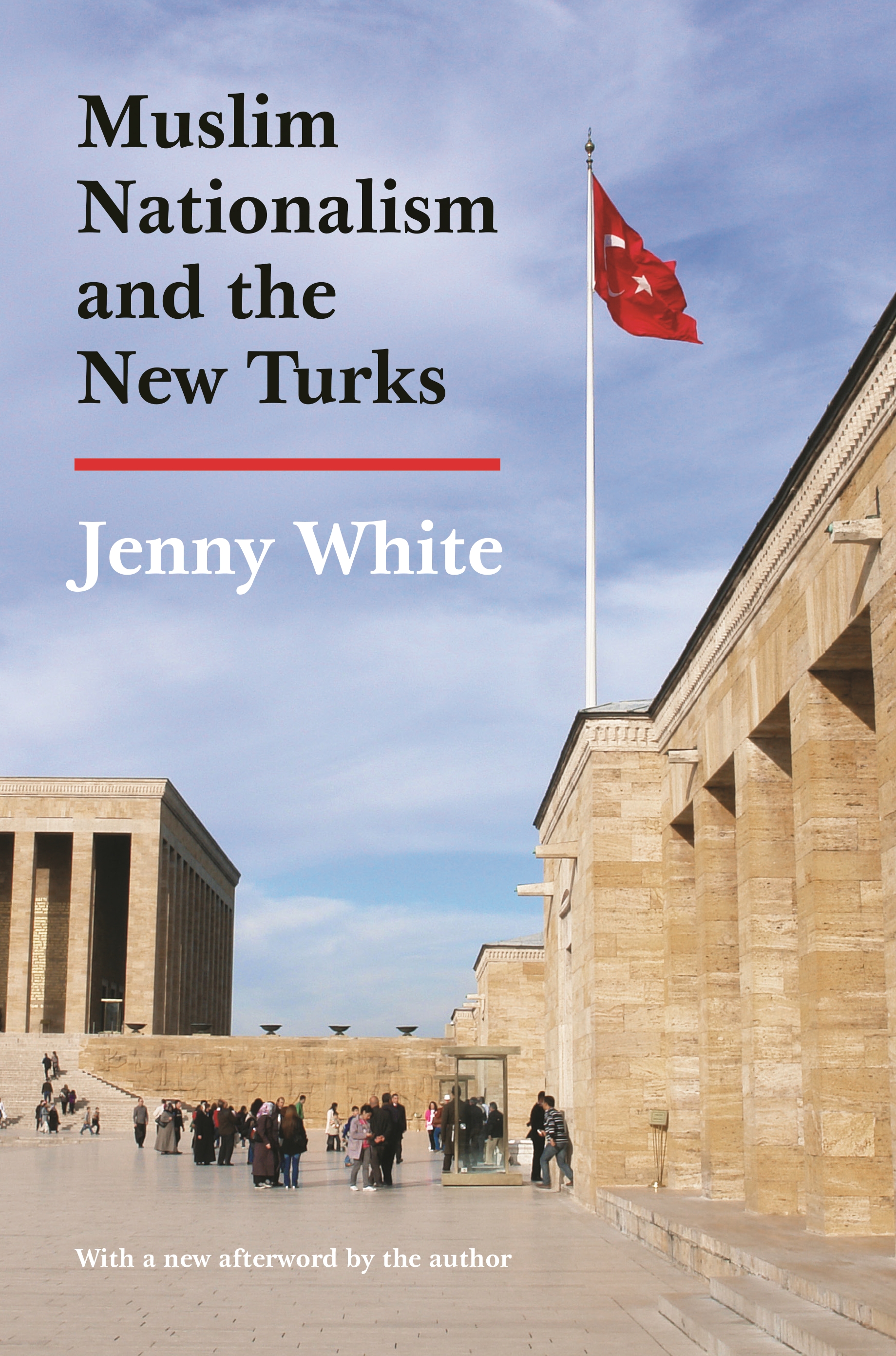Is the question of Turkish identity simply a matter of black and white? The complexities of Turkish identity, shaped by a confluence of historical, geographical, and cultural factors, defy easy categorization, challenging the very notion of fixed racial boundaries.
The query of whether Turkish people are white is far from straightforward. Turkey's strategic location, bridging Europe and Asia, has long made it a crossroads of civilizations, resulting in a rich and diverse cultural and genetic heritage. This geographical position has led to a complex interplay of influences, making any simple racial classification a challenging undertaking. The nation's history, marked by empires and migrations, has further contributed to the nuanced tapestry of Turkish identity. The concept of whiteness itself, as defined by historical and social contexts, varies across different societies. These variations are crucial, further complicating any attempts at straightforward categorization.
| Category | Details |
|---|---|
| Ethnicity: | Primarily a mixed ethnicity, shaped by diverse ancestral influences. Approximately 38% European, 35% Middle Eastern, 18% South Asian, and 9% Central Asian ancestry. |
| Geographic Location: | Turkey straddles Europe and Asia, offering a unique blend of cultural and historical influences from both continents. |
| Physical Characteristics: | Physical traits vary significantly among Turkish people. Some may exhibit features commonly associated with white populations, while others may not fit this categorization. Hair color often ranges from brown to black, with straight or slightly wavy texture, though variations including blonde and red hair also exist. |
| Cultural Influences: | Turkey's culture is a vibrant mix of European and Asian influences, reflecting its unique geographical position and rich history. Modern Turkish society showcases a spectrum of lifestyles. |
| Self-Perception and Integration: | Cultural integration and behavior play a significant role in how individuals are perceived and identify. The degree of integration into a society, rather than solely physical appearance, can influence perceptions of identity. |
| Historical Context: | The history of the Turkish people involves numerous migrations and interactions with various groups, which has further contributed to their diverse heritage. |
| Racial Classifications: | The concept of whiteness is not universally agreed upon. It is influenced by cultural, historical, and social factors, leading to varied interpretations across different regions and societies. |
Reference: Wikipedia
The notion of Turkish identity has been a subject of discussion for decades. Dr. Afet İnan, a prominent figure in Turkish sociology, conducted extensive research in the 1930s, surveying thousands of Turks to determine their physical characteristics and ultimately argued for their whiteness. Her work was part of a broader effort to define a national identity, which frequently intertwined scientific methodologies with interpretations that aligned with prevailing political and social ambitions. However, it is important to recognize the subjectivity inherent in such classifications, particularly when they are tied to specific agendas.
The complexities surrounding Turkish identity aren’t simply about physical attributes, but also social and cultural connections. A Turkish individual’s sense of belonging, their daily interactions, and their cultural integration into society are just as relevant as their skin tone or the shape of their eyes. These elements contribute significantly to how an individual perceives themselves and how they are perceived by others. This is the essence of identity that is ever-evolving. The experience of living and integrating within a particular society, such as in Europe, plays an essential role in determining one's sense of belonging and acceptance.
The media frequently portrays a modern, cosmopolitan way of life within Turkey, particularly in urban centers. This portrayal influences perceptions of Turkish identity, both within the country and beyond its borders. However, the portrayal, while reflecting some aspects of Turkish life, does not entirely capture the entire complexity of a nation that is a bridge between continents. While some segments of society embrace Western lifestyles, the overall picture encompasses a wide array of cultural traditions, beliefs, and practices.
The reality is that Turkish identity is multifaceted, encompassing a wide array of backgrounds, influences, and individual experiences. It's a fusion of different cultures, histories, and experiences. Therefore, while some may physically resemble those categorized as white in Western contexts, others may not, highlighting the limits of rigid racial categorizations.



